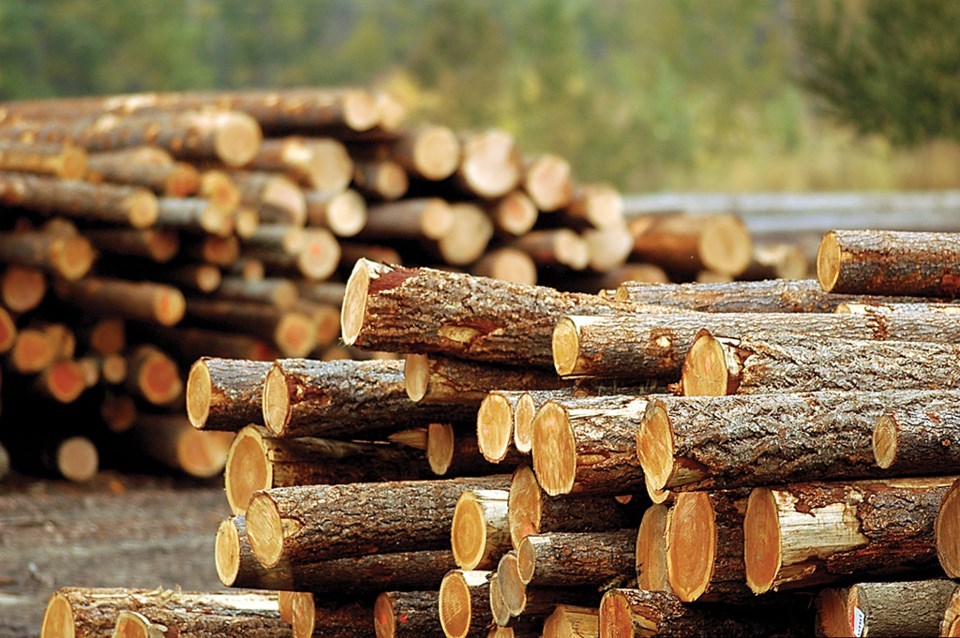Letters to the Editor reflect the views of the author and not the Longmont Leader. Factual claims have not been independently verified by the Longmont Leader.
A recently released investigative report, Forest Fire Malfeasance, alleges that officials in Jefferson County coordinated with logging industry groups and university affiliates to allegedly suppress independent science, mislead the public, and push harmful logging projects under the guise of wildfire protection. According to the study, hundreds of internal emails suggest a coordinated campaign to discredit critics, shape media coverage, and downplay peer-reviewed research that challenged their approach.
The study alleges that officials referred to legitimate ecological science as the opposition, strategized on how to win the PR war, and avoided engaging with published data showing that "fuel reduction" logging can worsen wildfire outcomes.
Whether or not one agrees with every conclusion in the report, the issues it raises mirror a broader national pattern of public agencies relying on industrial logging measures that do not reflect the best available science.
Jefferson County sits at the gateway to Colorado's Front Range, a region defined by open space, rugged terrain, and some of the last remnants of federally designated wilderness within arm's reach of urban life. When officials exploit wildfire fears to advance industrial agenda priorities, they're not just distorting science; they're eroding the public trust and degrading landscapes.
The push to turn these public lands into timber pipelines also ignores what communities increasingly value: quiet, carbon storage, clean water, and the freedom to experience nature on its own terms. If we let agencies and industry partners co-opt the language of resilience while advancing projects that industrialize, fragment, and degrade these landscapes, we lose more than trees. We lose the integrity of public lands and the meaning of conservation itself.
Forest Fire Malfeasance is a warning shot. When public agencies allegedly collude behind closed doors to suppress science and promote profit-driven fire policy and "management" measures, the consequences ripple across the country. We can't control where lightning strikes or how wind shifts, but we can control where we invest our resources. Protecting communities from wildfire means dispelling the myth that logging is the answer and focusing instead on proven strategies, including home gardening, evacuation readiness, and creating defensible space in the immediate zone around where people live.
Sincerely,
Bekah Mamola-Hill
Bekah is a Colorado resident and the communications manager for the John Muir Project, a nonprofit dedicated to preserving public forestlands.


